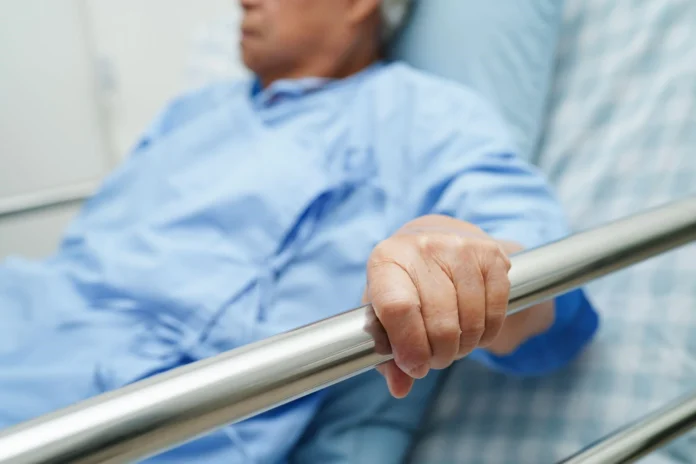Food and water are the simplest forms of care. They should never be overlooked. Yet in many nursing homes, even these basic needs are neglected. Families place their trust in facilities to care for parents and grandparents, but too often that trust is broken. Malnutrition and dehydration are clear signs of nursing home neglect, and they can lead to serious harm.
This topic is not easy to talk about. No family wants to think of their loved one being hungry or thirsty in a place meant to protect them. But speaking up, noticing the warning signs, and taking action are the only ways to make sure residents get the care they deserve.
Why Malnutrition and Dehydration Happen in Nursing Homes
Neglect doesn’t always look dramatic. Sometimes it’s a matter of small details being ignored until they turn into big problems.
Understaffing is a common cause. Too few workers mean meals get rushed, residents who need help feeding themselves are left waiting, and water is not offered often enough. Some homes also fail to track special diets. A resident with diabetes or swallowing problems may be given the wrong food or no help at all.
There’s also emotional neglect. Some residents lose interest in eating or drinking without encouragement. If staff don’t take the time to sit with them, these residents are left without the support they need.
These are not accidents. They are failures of care, and they put lives at risk.
Signs Families Should Look For
Families often see the warning signs before anyone else. They visit, notice changes, and feel that something is off.
Physical Changes
- Sudden weight loss or clothes that no longer fit
- Dry mouth, cracked lips, or sunken eyes
- Tiredness, weakness, or confusion
- Bedsores or wounds that take too long to heal
Emotional and Behavioral Changes
- Low energy or constant sleepiness
- No interest in food or water
- Mood swings or irritability
Facility Red Flags
- Meals skipped or trays left untouched
- Residents left alone during meals
- No water in easy reach
- Staff rushing or avoiding questions about care
Individually, these may seem small. Together, they show a pattern of neglect. Families should keep records, notes, dates, and even photos. Those details may prove important later.
The Health Risks of Poor Nutrition and Hydration
For older adults, food and water are not just about comfort. They are about survival. Without them, the risks grow quickly.
Dehydration can cause kidney problems, confusion, and sudden falls. Malnutrition weakens the immune system, making infections more likely. Healing slows down. Muscles weaken. The risk of hospitalization rises.
In the most serious cases, neglect in these areas can lead to death. And the painful truth is that these are preventable problems.
What Families Can Do
No one wants to believe their parent or grandparent is being neglected. But silence doesn’t change the situation. Families who suspect malnutrition or dehydration can take steps to protect their loved ones.
Talk to staff. Start with direct questions about meals and hydration. Keep notes of the answers.
Request records. Nursing homes are supposed to track weight, food intake, and water consumption. Ask to see them.
Observe meals. Visit during dining hours if possible. Watch whether residents are being assisted or ignored.
Report problems. Every state has agencies that investigate elder care complaints. In California, families can contact Adult Protective Services and the Department of Public Health.
Seek legal help. If neglect has caused harm, attorneys can guide families through investigations and hold facilities accountable.
The Role of Attorneys
Families often hesitate to involve lawyers. They fear it will escalate matters too much. But attorneys who focus on nursing home neglect know how to uncover the truth.
They can review medical records, consult with health experts, and investigate facility practices. They work to prove whether malnutrition or dehydration resulted from neglect.
Compensation may be part of the case, covering medical bills, hospital stays, or emotional suffering, but the larger goal is accountability. Facilities must answer for failures, and legal action is often the only way to make sure they do.
Families in large cities often turn to Los Angeles nursing home malnutrition and dehydration attorneys who understand these cases. Having legal support gives families the strength and guidance they need when standing up to powerful institutions.
Protecting Health and Dignity
No one should grow weaker because of something as basic as lack of food or water. Yet it happens every day in nursing homes. Families can change that by watching closely, speaking up, and taking action when necessary.
Protecting dignity is about more than comfort. It’s about respect, safety, and love. If you suspect neglect, trust your instincts. Ask questions. Keep records. And if the problem continues, seek help from professionals who can fight for accountability.
Your loved one deserves better. And your voice can be the one that ensures they receive it.



































